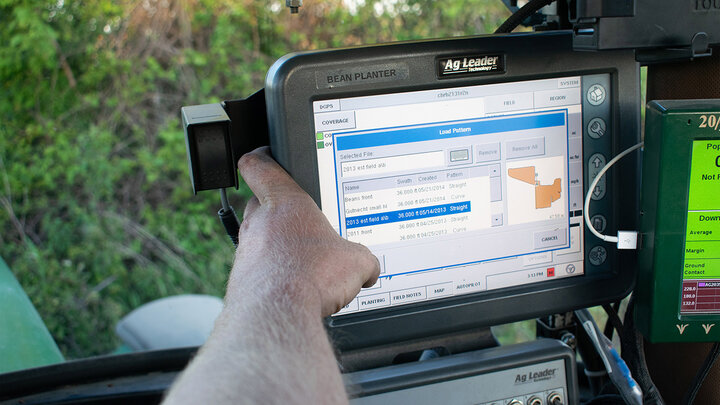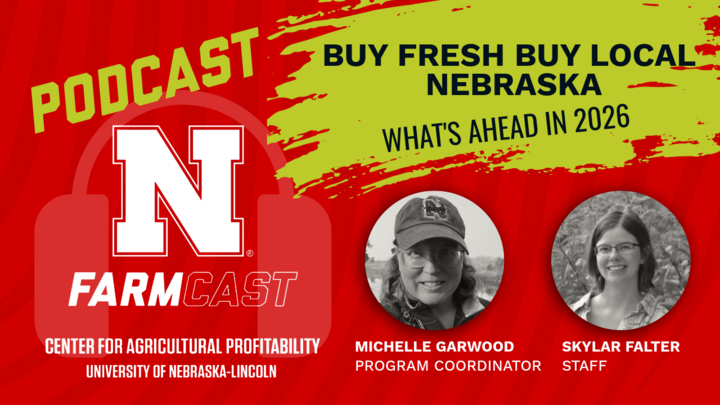At a recent farmland leasing workshop, the question was raised, “I am a landlord with a handshake lease agreement. What happens if I die?” At the time, I gave the simple answer of “the new owners of the land will be subject to the lease.” Although this is technically correct, the situation is more nuanced than it appears. Depending on how the land is owned and passed on, there may be a period of uncertainty regarding who is responsible for the lease after the landowner’s death.
Handshake, oral, or verbal lease agreements remain common for leasing agricultural land in Nebraska. When the terms of the lease are not negotiated or written, Nebraska State Statute provides provisions for various scenarios. In the case that the landlord dies during the term of a verbal lease agreement – and no additional verbal provisions related to this scenario were discussed and agreed to – the answer will depend on how the land is owned and passed on.
- If the land passes through the owner’s will, the personal representative (executor) will be responsible for carrying out the lease until the probate process is completed. Probate is a court process of retitling assets and can take months or even years. Once the probate process is complete, the tenant will then be subject to the new owners (heirs) of the property.
- If the land is in a trust, the trustee will be the responsible for managing the lease. Depending on the terms of the trust, the land may be simply transferred outright to the beneficiary (or beneficiaries) or may be held in the trust and managed by the trustee.
- If the land is owned by an LLC or corporation, the management of the lease will reside with the officers/owners of the corporation.
In all cases of ownership, someone will be responsible for the execution of the lease. If the lease is cash rented, the burden on personal representative, trustee, or entity is light, presuming that they know the rental rate and how much has already been paid.
In a crop-share arrangement, the responsibilities are much more cumbersome: what is the shared percentage, what expenses are shared, who are the suppliers, what has been paid, where is the grain to be delivered, is there any grain currently in storage, etc.?
Regardless of whether it is a cash or crop-share lease, the personal representative, trustee, or entity will have the power to terminate the lease, in accordance with Nebraska court decisions; see: https://go.unl.edu/verbal for details.
While these scenarios highlight the riskiness of verbal lease agreements, they can be avoided entirely with a clear, written lease. A written agreement that outlines what happens in the event of a landlord’s or tenant’s death provides certainty and ensures all parties understand their responsibilities.
Podcast
Listen: Nebraska FARMcast




